Is Castor Oil Good For Treating Stretch Marks?
Add castor oil to your daily body care regimen to make those pesky lines a thing of the past.

Image: Shutterstock
Moisturizing the skin is crucial to fade and prevent stretch marks, and we know that vegetable oils are excellent skin moisturizers. However, out of all oils, people swear by using castor oil for stretch marks and claim it to be an excellent skin moisturizer.

While there is no scientific merit to the claim, there are a few reasons castor oil may help minimize the appearance of stretch marks. This article explains why castor oil may work for stretch marks and a few DIY ways to use it for your skin. Read on.
In This Article
Red Stretch Marks: How To Treat Them
Castor oil is touted as an excellent natural remedy and beauty hack for improving hair health and reducing hair fall
. If you are wondering how to get rid of stretch marks using natural remedies, then this oil may be helpful. It is a widely used ingredient in skin care products for its healing properties and is said to show positive results in reducing stretch marks.
While there is no research to support this claim, there are a few reasons castor oil may work on stretch marks. In this article, we have discussed how castor oil may help reduce stretch marks and simple ways to use it. Read on to know more.
Key Takeaways
- Castor oil contains beneficial components like unsaturated fatty acids, salts, and esters, which have a nourishing effect on the skin and keep it moisturized.
- It also prevents transepidermal water loss which may help improve stretch marks.
- Applying castor oil directly to stretch marks and massaging the area may help boost blood circulation and healing.
- You can combine castor oil with other organic ingredients like cloves, coconut oil, turmeric, and aloe vera to make home remedies for stretch marks.
- However, before using it for stretch marks remember that Castor oil is comedogenic and may cause acne.
Is Castor Oil Good For Stretch Marks?
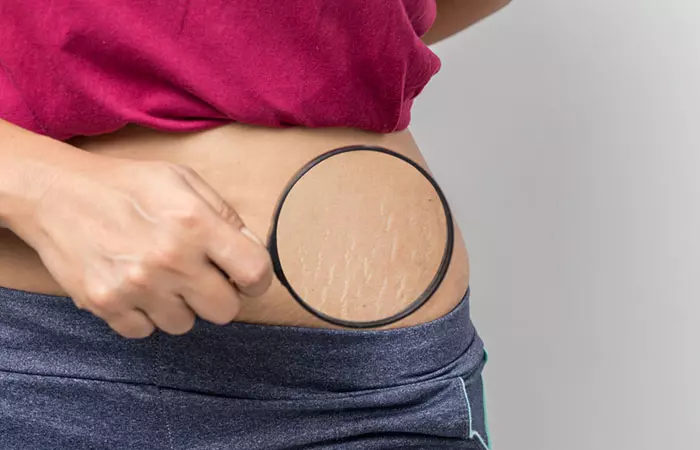
Castor oil may help reduce stretch marks due to the following reasons:
- Castor oil contains ricinoleic acid, an unsaturated omega-9 fatty acid, along with certain salts and esters. All these have a skin-conditioning effect and keep your skin moisturized (1).
- Castor oil prevents transepidermal water lossi The loss of water from the skin’s layer of an animal or plant to the external environment, where it evaporates. (TEWL). In rat studies, castor oil showed a “burst effect,” i.e., the membranes were swollen due to complete hydration and became permeable (1).
- Another study found that moisturizers could improve the symptoms of scars. Anatomically, stretch marks are like scars. Hence, proper moisturization and improved TEWL can help improve their appearance (2).
 Quick Tip
Quick TipThe moisturizing effect of castor oil can help improve scars. In the next section, find out how to use castor oil for stretch marks.
How To Use Castor Oil For Stretch Marks
are widely studied. A study states that cold-pressed plant oils contain high nutritional properties compared to refined oils. Hence, they have better therapeutic effects. Refining and chemical treatment reduce the therapeutic benefits of any oil (3). Hence, use cold-pressed castor oil for the best results.
Here’s how you can use castor oil for stretch marks.
1. Castor Oil (Warm Massage)

Castor oil prevents moisture loss and keeps the skin hydrated. This may help minimize stretch marks. In addition, it improves skin elasticity and may stimulate collagen production.
You Will Need
2 tablespoons of cold-pressed castor oil
Method
- Microwave/heat the castor oil for a few seconds.
- Massage the warm oil onto the affected area for 5-10 minutes.
- Leave it on overnight or wash it off after at least an hour.
- Repeat this every day.
2. Castor Oil And Coconut Oil
Using coconut oil for stretch marks may help fade their appearance. Virgin coconut oil has a therapeutic effect on the skin and is an excellent moisturizer (4). It can keep the skin moisturized and help minimize stretch marks. Combining the two oils is a beneficial strategy for stretch mark management.
You Will Need
- 1 tablespoon of cold-pressed castor oil
- 1 tablespoon of virgin coconut oil
Method
- Mix the two oils. Warm the blend for a few seconds if you want to.
- Massage it onto the stretch marks.
- Leave it on overnight.
- Repeat every day.
3. Castor Oil And Cloves
Clove oil has anti-inflammatory and antioxidant properties. It has tissue remodelling (reorganizes the existing tissues) effects on the fibroblastsi Cells that help in the formation of connective tissues and secrete collagen to form the structure of those tissues. (5). This property may help in reducing scars. However, there is no scientific research to establish the effects of cloves or clove oil on stretch marks.
You Will Need
- 2-3 drops of clove essential oil
- 1 tablespoon of cold-pressed castor oil
Method
- Mix the two oils.
- Massage the blend onto the stretch marks.
- Leave it on overnight.
- Repeat every day.
Note: Clove oil may irritate the skin. Do a patch test before using it.
4. Castor Oil And Aloe Vera
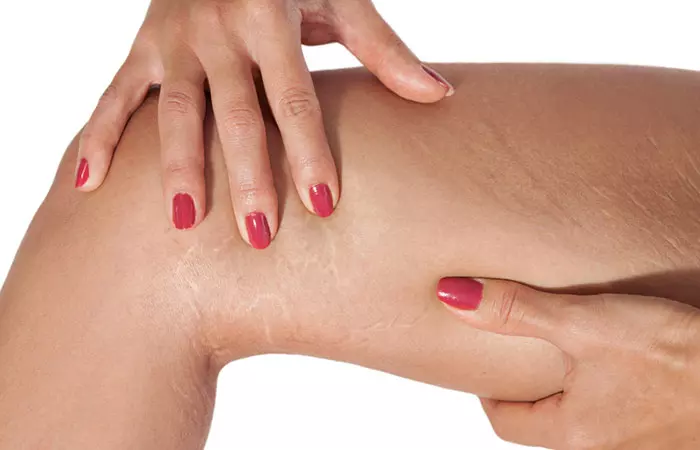
Aloe vera keeps the skin moisturized. It also stimulates the fibroblasts to produce collagen (6). This may help in minimizing the appearance of stretch marks.
You Will Need
- 1 tablespoon of cold-pressed castor oil
- 1 tablespoon of fresh aloe vera gel
Method
- Mix the aloe vera gel and castor oil.
- Massage the mixture onto the stretch marks for 5-10 minutes.
- Leave it on overnight.
- Repeat every day.
5. Castor Oil And Turmeric
Though turmeric may not have any effect on stretch marks, its anti-inflammatory, antioxidant, and antimicrobial effects can keep the skin healthy (7).
You Will Need
- 1 tablespoon of cold-pressed castor oil
- ½ teaspoon of turmeric powder
Method
- Mix the castor oil and turmeric powder.
- Massage the mixture onto the stretch marks.
- Keep it for an hour and then wash it off.
- Follow up with a moisturizer.
- Repeat every day.
Note: Turmeric may leave stains on the skin and your clothes.
6. Castor Oil And Plastic Wrap
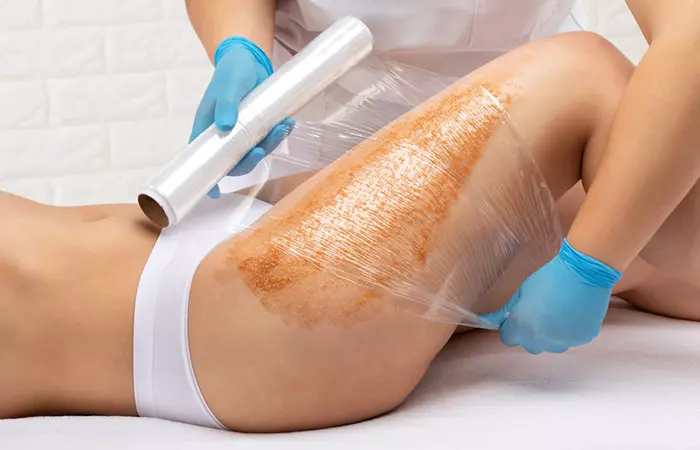
Applying castor oil this way may help in deep moisturizing your skin.
You Will Need
- 1 tablespoon of cold-pressed castor oil
- Cling wrap
Method
- Heat/microwave the castor oil for a few seconds (enough to warm it).
- Massage it onto the stretch marks.
- Wrap the area tightly with the cling wrap.
- Leave it for at least half an hour.
- Unwrap it and massage the area again.
- Do not wash the oil off. Leave it on to be absorbed by the skin.
- Repeat every day.
7. Castor Oil And Almond Oil (Bitter Or Sweet)
Massaging with bitter almond oil may reduce the appearance of stretch marks and also prevent new ones (8). Sweet almond oil can help reduce itching on the stretch marks and prevent their progression (9).
Note: If you are using bitter almond oil alone, use 2-3 drops per tablespoon as it is an essential oil.
You Will Need
- 1 tablespoon of sweet almond oil
- 2-3 drops of bitter almond oil (optional, you may use both or either of them)
- 1 tablespoon of cold-pressed castor oil
Method
- Mix the almond oil(s) and castor oil.
- Massage the mixture onto the stretch marks.
- Leave it on for at least an hour or overnight.
- Repeat every day,
8. Castor Oil And Sugar Scrub
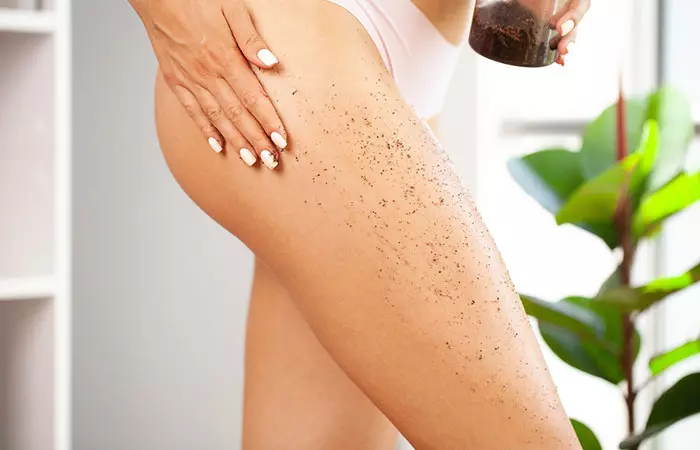
Sugar is an excellent natural scrub because of its coarse texture. While there is no proof that scrubbing can help reduce stretch marks, people often use scrubs to minimize the scars. However, results may take longer.
You Will Need
- 2 tablespoons of granulated sugar
- 1 tablespoon of cold-pressed castor oil
Method
- Mix the sugar and castor oil.
- Massage the blend onto the stretch marks for 5-10 minutes.
- Leave it on for another 15-20 minutes.
- Wash it off and apply a moisturizer.
- Repeat every alternate day.
9. Castor Oil And Oatmeal Pack
Colloidal oat extracts improved skin dryness and reduced skin roughness when tested on 29 healthy women in a study (10).
You Will Need
- 2 tablespoons of ground oatmeal
- 1/2 cup water (50 mL)
- 1 tablespoon of cold-pressed castor oil
Method
- Mix the ground oatmeal in water and bring it to a paste-like consistency.
- Mix the castor oil.
- Massage the mixture onto the stretch marks for 10-15 minutes.
- Leave it to dry or for at least half an hour.
- Wash it off and apply a moisturizer.
- Repeat every day.
10. Castor Oil And Potato Juice
There is no proof that potato juice works on stretch marks. However, anecdotal evidence suggests that it may be helpful in reducing their appearance.
You Will Need
- 1 tablespoon of raw potato juice
- 1 tablespoon of cold-pressed castor oil
Method
- Mix castor oil and potato juice.
- Massage the mixture onto the stretch marks.
- Leave it on for half an hour.
- Wash it off and apply a moisturizer.
- Repeat every day.
11. Castor Oil And Lemon Juice
There is no scientific evidence of how lemon juice helps treat stretch marks. People have found it to be helpful as it might have a bleaching effect on the skin.
You Will Need
- Juice of ½ lemon
- 1 tablespoon of cold-pressed castor oil
Method
- Dilute the lemon juice in two tablespoons of water.
- Apply the diluted juice to the stretch marks.
- Let it dry and then massage the area with castor oil.
- Leave it on for half an hour.
- Wash it off and apply a moisturizer.
12. Castor Oil And Olive Oil
You can try castor oil and olive oil as another effective DIY remedy to reduce the appearance of stretch marks. Anecdotal evidence suggests that olive oil has an abundance of antioxidants and vitamin E that can reduce stretch marks significantly.
You Will Need
- 1 tablespoon of cold-pressed castor oil
- 1 tablespoon of virgin olive oil
Method
- Mix the two oils in a bowl. Warm the concoction for a few seconds before applying.
- Massage the blend onto the stretch marks for 15-20 minutes in a circular motion.
- Leave it on for an hour or overnight.
- Wash off with tepid water the following day.
- Repeat every day.
All these remedies focus on keeping your skin moisturized. Hence, you may get results with continuous use. However, before you use castor oil on your stretch marks, you need to be aware of a few risk factors.
Things To Keep In Mind Before Using Castor Oil For Stretch Marks
- Castor oil may cause an allergic reaction: Studies have found conflicting results in this aspect. While castor oil was found to cause redness and irritation in some animal studies, it didn’t cause any skin irritation in a few others (1). Hence, it is better to exercise caution. Do a patch test to determine if it irritates your skin.
- It Is Comedogenici Any cosmetic ingredient or product that clogs skin pores and leads to the formation of blackheads or acne. : A study done of rabbits found that castor oil might contain comedones that may block the skin pores (1). This may cause the development of acne-like bumps in the affected area.
 Quick Tip
Quick TipWhile you could try the above remedies for diminishing stretch marks, it is always better to prevent them in the first place. So, scroll down as we share the different ways you can stop these pesky marks from ruining your appearance.
Preventive Measures For Stretch Marks
Taking proactive steps can help minimize the risk of stretch marks. Learn about these measures below.
- Drink plenty of water to keep your skin supple and lower the risk of stretching.
- Use lotions rich in shea butter, vitamin E oil, and cocoa butter to enhance skin elasticity.
- Consume foods rich in vitamins C and E, zinc, and protein to support overall skin health.
- Exercise regularly to improve circulation and help your skin adapt to body changes.
- Avoid rapid weight gain or loss quick fixes to reduce skin stretching and strain.
Infographic: 5 Ways To Use Castor Oil For Stretch Marks
Castor oil is a popular choice among skin care enthusiasts. It contains ricinoleic acid and unsaturated omega-9 fatty acids, along with certain salts and esters, that make it excellent for reducing stretch marks. Check out the infographic below to find out more!
Some thing wrong with infographic shortcode. please verify shortcode syntaxUsing castor oil for stretch marks may not produce significant results. However, like other vegetable oils, castor oil may help keep the skin moisturized, improve skin texture, promote overall skin health, and may fade the marks in the long run.
If you want to try it, you may follow the recipes discussed in the article. However, castor oil may irritate the skin. Therefore, do a patch test before using it on your skin. Above all, you have to be extremely patient before seeing any results. You may consult a doctor and go for cosmetic procedures to fade stretch marks.
Frequently Asked Questions
Can castor oil aid in reducing the appearance of old stretch marks?
Yes, castor oil may help reduce the appearance of old stretch marks by deeply moisturizing and promoting skin elasticity with regular use. Ensure consistently using the oil for 4 to 5 months to see visible results.
How long does it take for castor oil to remove stretch marks?
Castor oil may or may not reduce the appearance of stretch marks. You need to be consistent and use it for at least a few months before expecting any results. If you have new scars, it may take around a month to get results.
Is black castor oil effective for stretch marks?
There is no scientific proof that black castor oil is effective for stretch marks. Anecdotal evidence claims that it works. However, everyone may not get the same results as it depends on the intensity of the marks and skin type.
Is it safe to use castor oil for stretch marks while pregnant?
You can use it for topical applications and massages. However, make sure you consult your doctor.
What is the difference between castor oil and black castor oil?
Castor oil is odorless and pale yellow while black castor oil is dark and gives off a strong burnt smell.
Can I mix castor oil with my body lotion?
Yes, you can blend castor oil with body lotion. While it may not help you get rid of stretch marks, it can keep your skin moisturized which may improve the appearance of your stretch marks.
How long does it take for castor oil to absorb into the skin?
Anecdotal evidence suggests that it can roughly take 5 -20 minutes for castor oil to get absorbed into the skin. Nonetheless, if you use diluted castor oil, it might take longer.
Does castor oil produce collagen?
Yes, anecdotal evidence suggests that the fatty acids in castor oil may help stimulate collagen and keep the skin hydrated and plump. However, studies need to be conducted to understand this further.
Illustration: Simple Ways To Use Castor Oil For Treating Stretch Marks
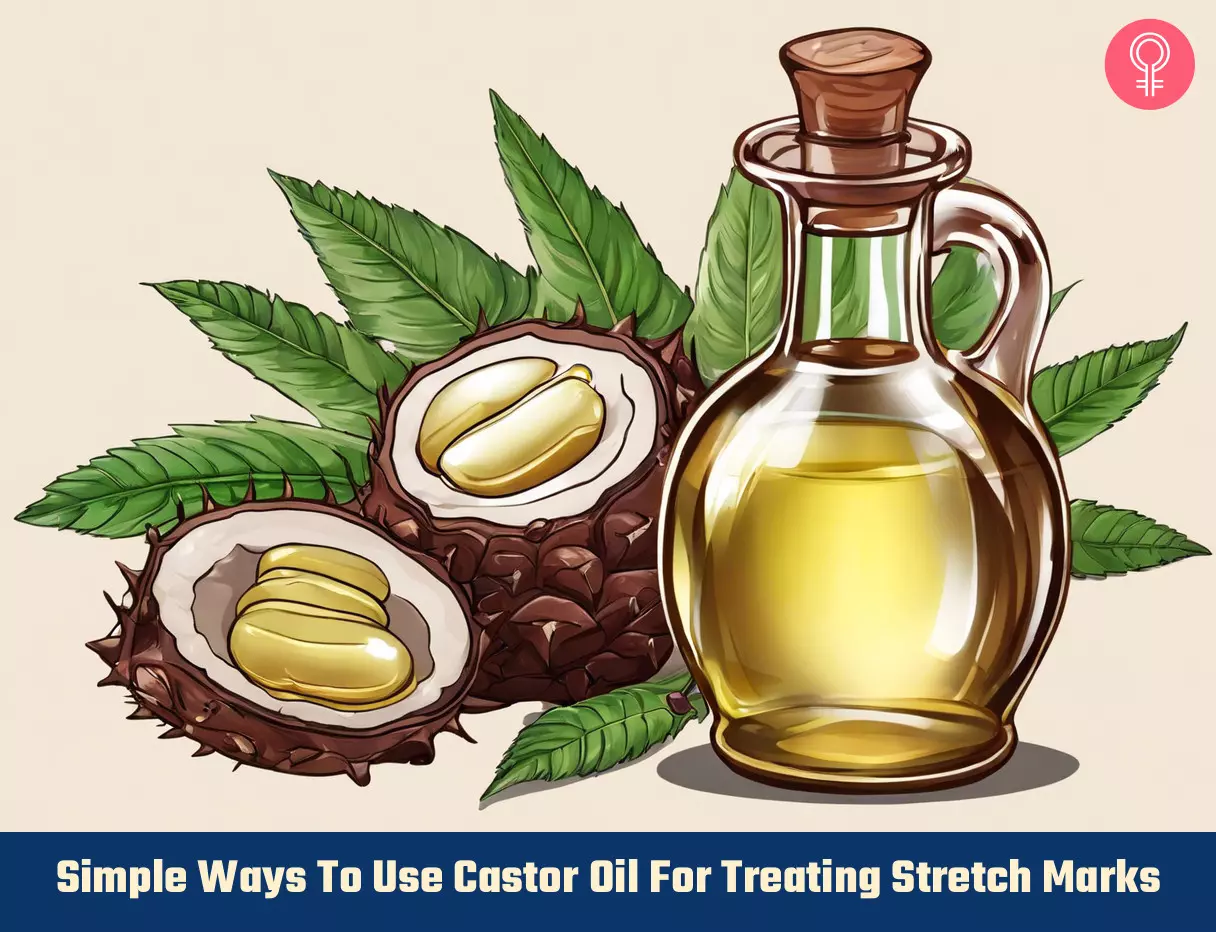
Image: Stable Diffusion/StyleCraze Design Team
References
Articles on StyleCraze are backed by verified information from peer-reviewed and academic research papers, reputed organizations, research institutions, and medical associations to ensure accuracy and relevance. Read our editorial policy to learn more.
- Final report on the safety assessment of Ricinus Communis (Castor) Seed Oil, Hydrogenated Castor Oil, Glyceryl Ricinoleate, Glyceryl Ricinoleate SE, Ricinoleic Acid, Potassium Ricinoleate, Sodium Ricinoleate, Zinc Ricinoleate, Cetyl Ricinoleate, Ethyl Ricinoleate, Glycol Ricinoleate, Isopropyl Ricinoleate, Methyl Ricinoleate, and Octyldodecyl Ricinoleate.” International Journal of Toxicology, Sage Publication.
https://journals.sagepub.com/doi/pdf/10.1080/10915810701663150 - A review of the effects of moisturizers on the appearance of scars and striae. International Journal of Cosmetic Science, US National Library of Medicine, National Institutes of Health.
https://pubmed.ncbi.nlm.nih.gov/22994859// - Anti-Inflammatory and Skin Barrier Repair Effects of Topical Application of Some Plant Oils. International Journal of Molecular Sciences, US National Library of Medicine, National Institutes of Health.
https://www.ncbi.nlm.nih.gov/pmc/articles/PMC5796020/ - In vitro anti-inflammatory and skin protective properties of Virgin coconut oil. Journal of Traditional and Complementary Medicine, US National Library of Medicine, National Institutes of Health.
https://www.ncbi.nlm.nih.gov/pmc/articles/PMC6335493/ - Anti-inflammatory activity of clove (Eugenia caryophyllata) essential oil in human dermal fibroblasts. Pharmaceutical Biology, US National Library of Medicine, National Institutes of Health.
https://pubmed.ncbi.nlm.nih.gov/28407719// - Aloe vera: a short review. Indian Journal of Dermatology, US National Library of Medicine, National Institutes of Health.
https://www.ncbi.nlm.nih.gov/pmc/articles/PMC2763764/ - Effects of Turmeric (Curcuma longa) on Skin Health: A Systematic Review of the Clinical Evidence. Phytotherapy Research, US National Library of Medicine, National Institutes of Health.
https://pubmed.ncbi.nlm.nih.gov/27213821/ - The Effect of Bitter Almond Oil and Massaging on Striae Gravidarum in Primiparaous Women, Journal of Clinical Nursing, US National Library of Medicine, National Institutes of Health.
https://pubmed.ncbi.nlm.nih.gov/22594386/ - The Effect of Aloe Vera Gel and Sweet Almond Oil on Striae Gravidarum in Nulliparous Women, The Journal of Maternal-Fetal & Neonatal medicine, US National Library of Medicine, National Institutes of Health.
https://pubmed.ncbi.nlm.nih.gov/28521546// - Anti-inflammatory activities of colloidal oatmeal (Avena sativa) contribute to the effectiveness of oats in treatment of itch associated with dry, irritated skin. Journal of Drugs in Dermatology, US National Library of Medicine, National Institutes of Health.
https://pubmed.ncbi.nlm.nih.gov/25607907/
Read full bio of Dr. K. Harish Kumar
Read full bio of Ramona Sinha
Read full bio of Anjali Sayee
Read full bio of Shiboli Chakraborti





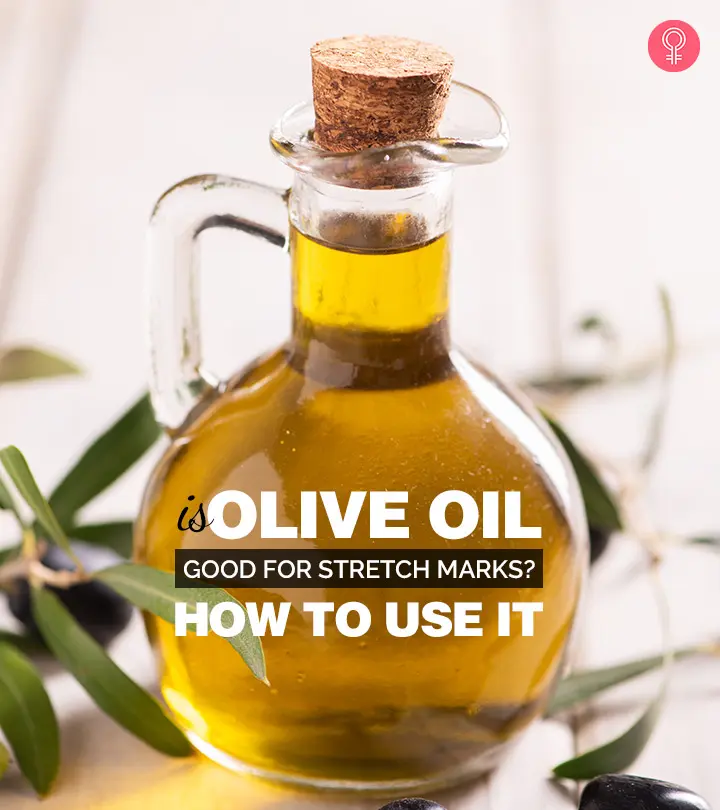
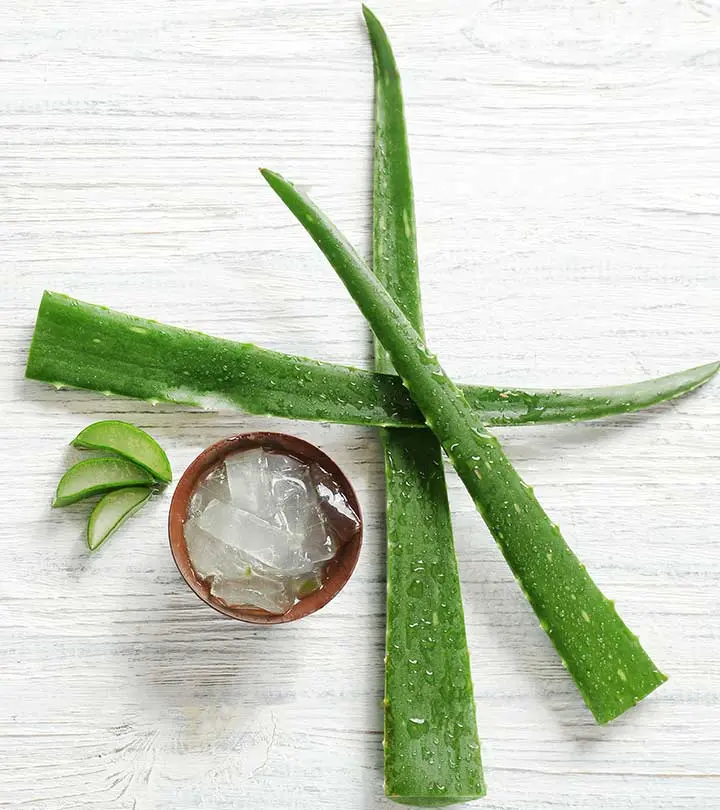
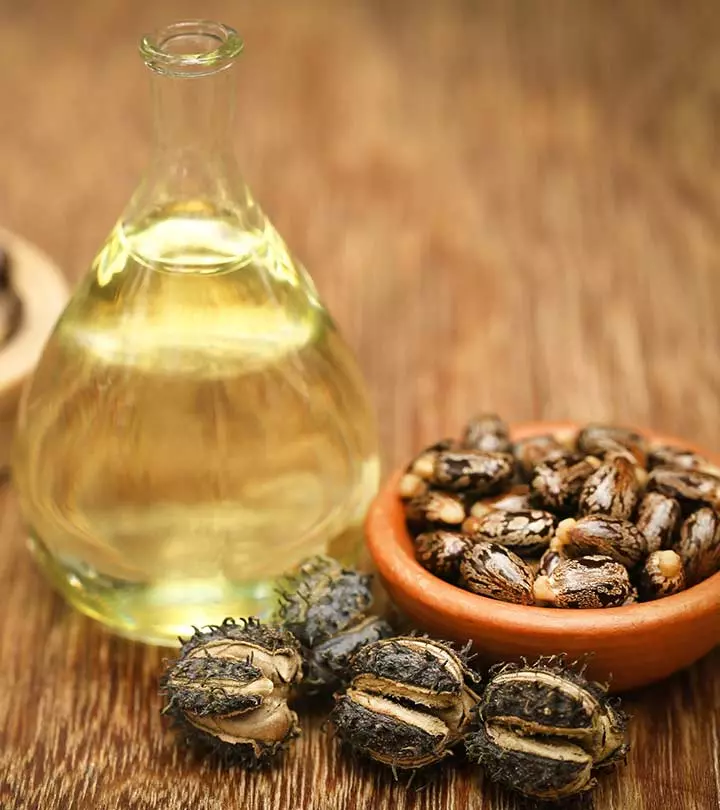
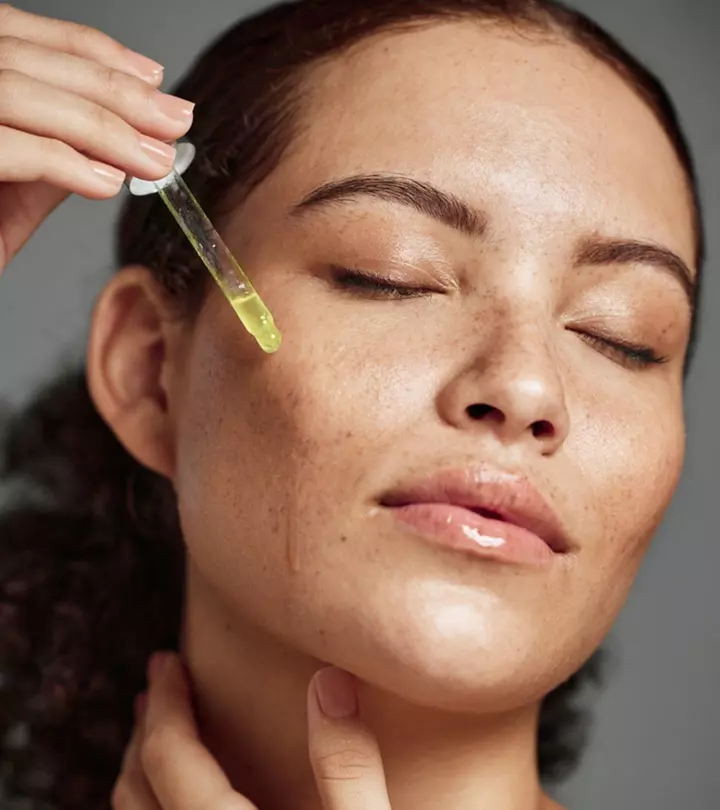
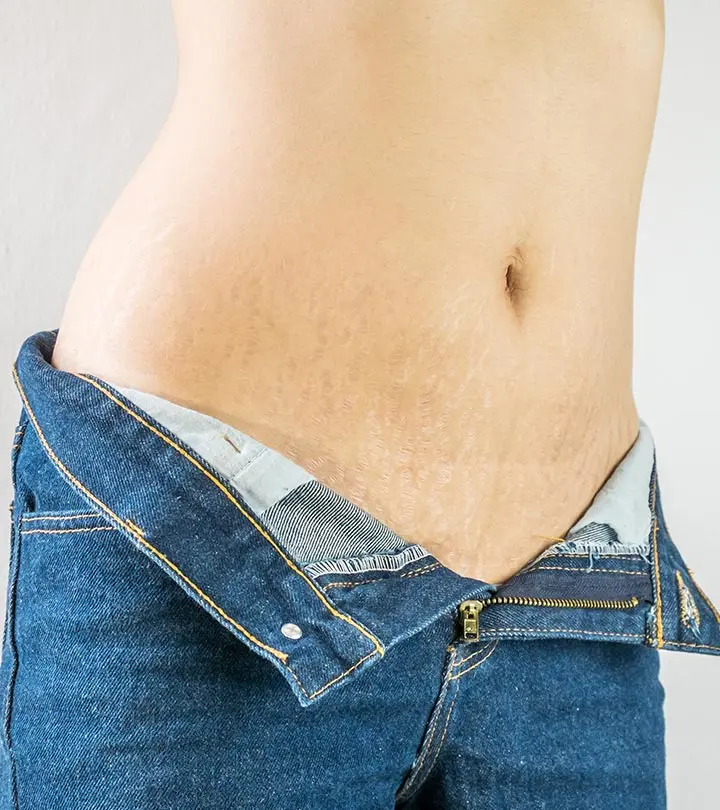
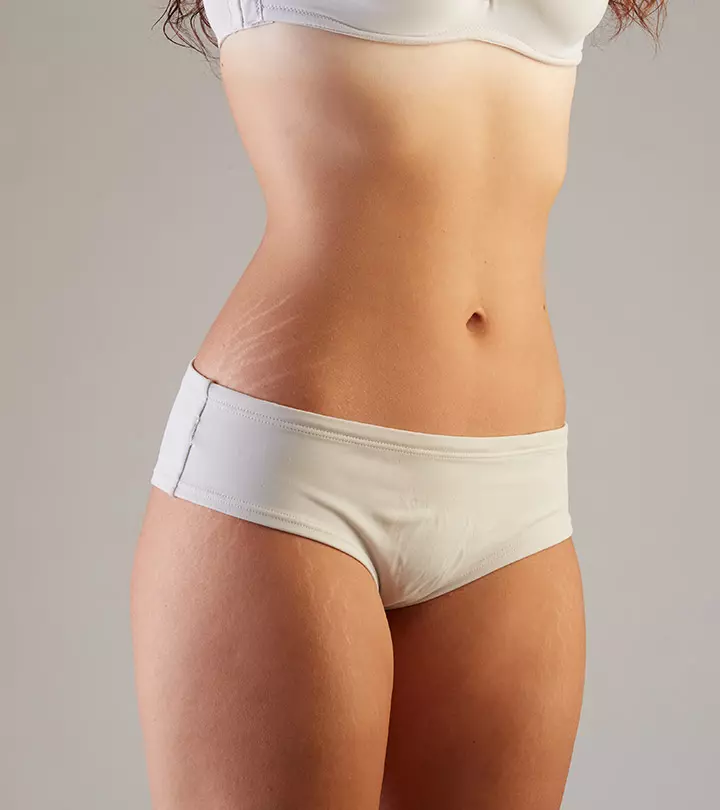
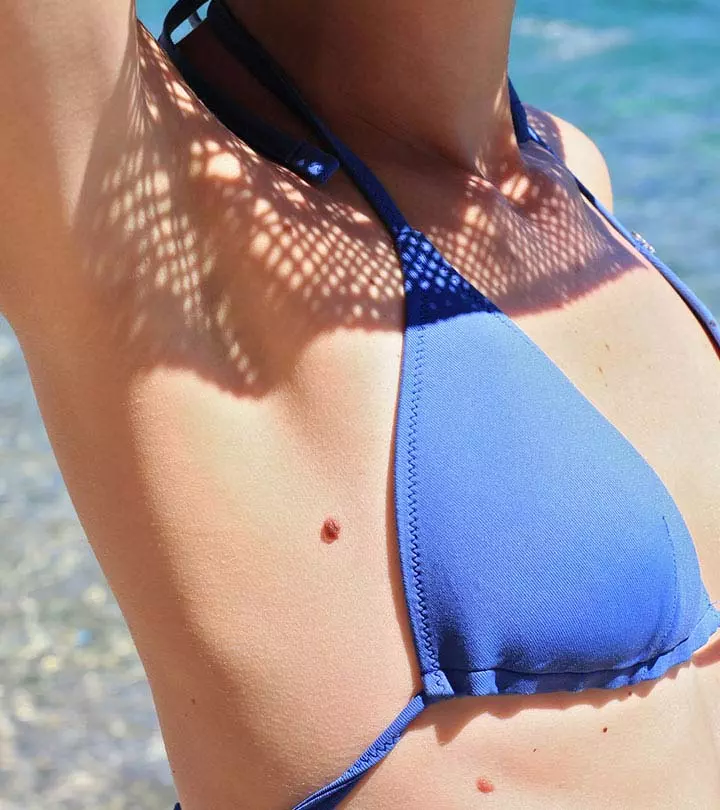
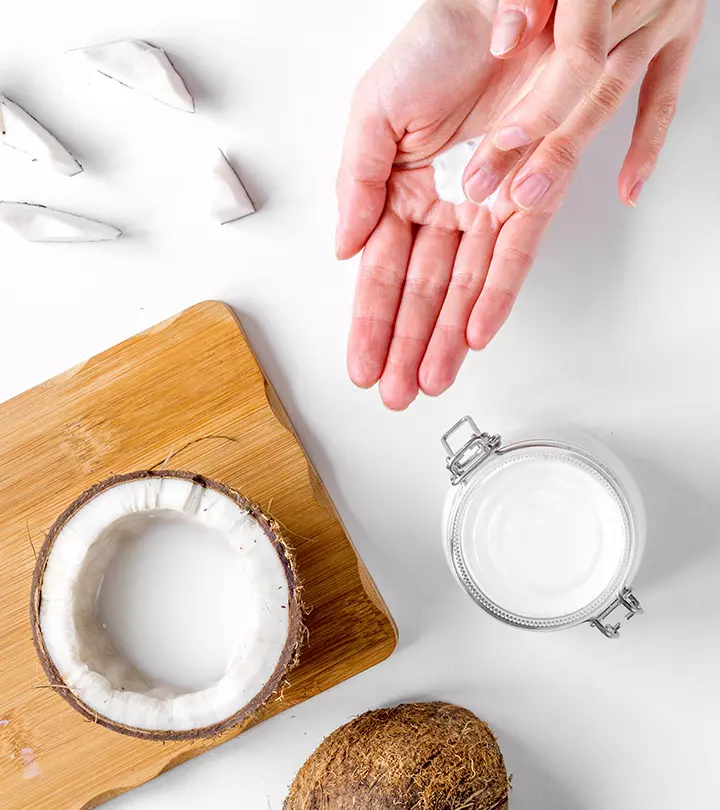

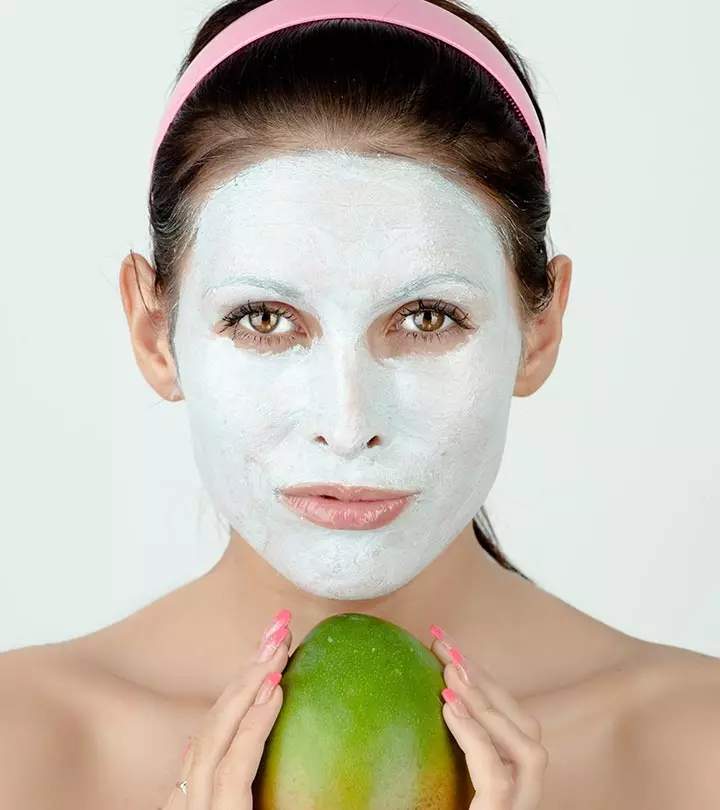
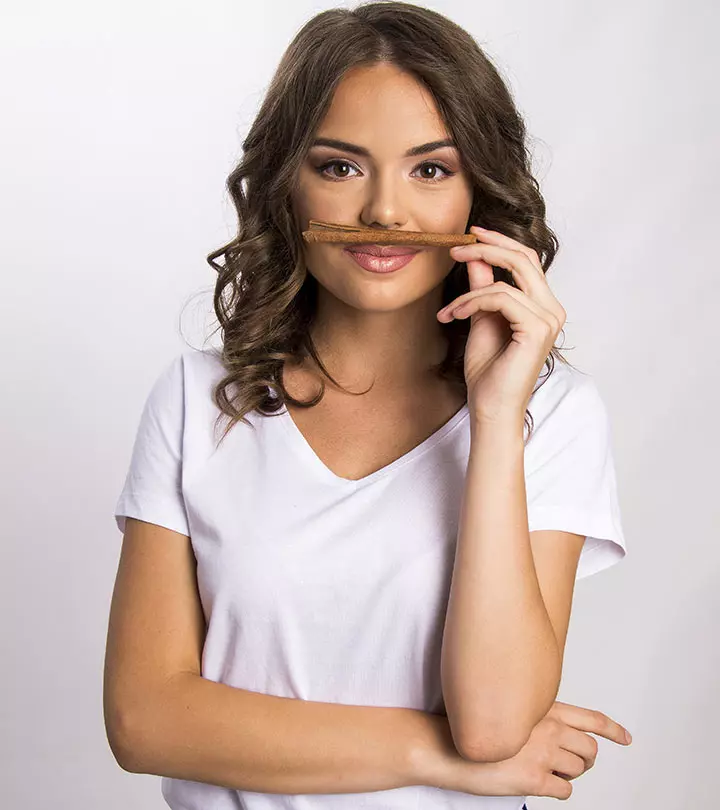
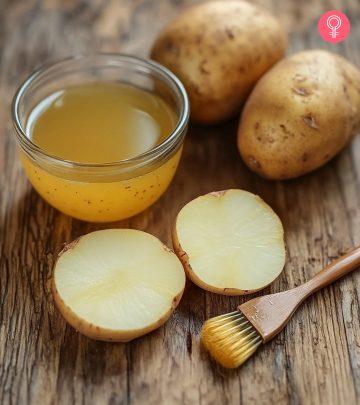
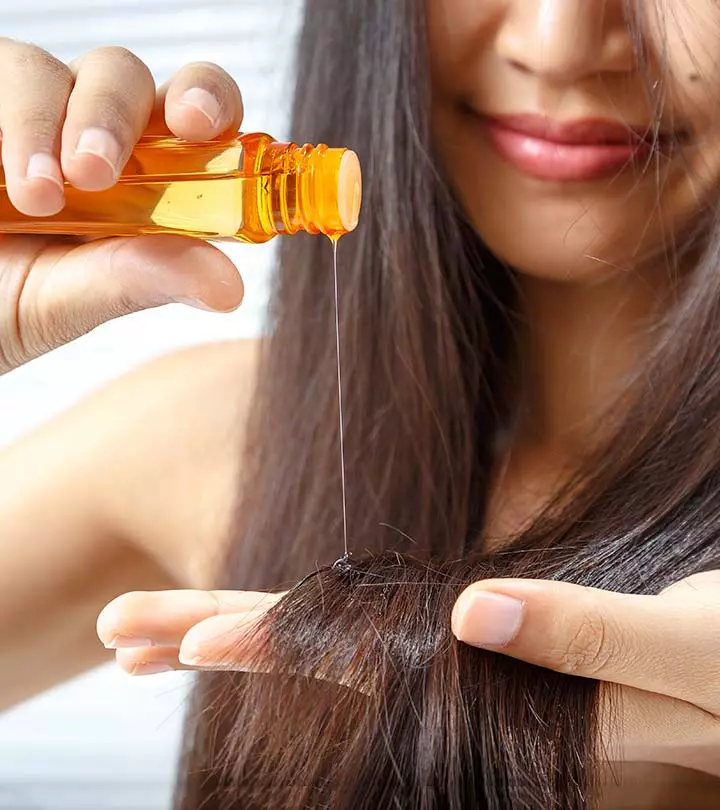
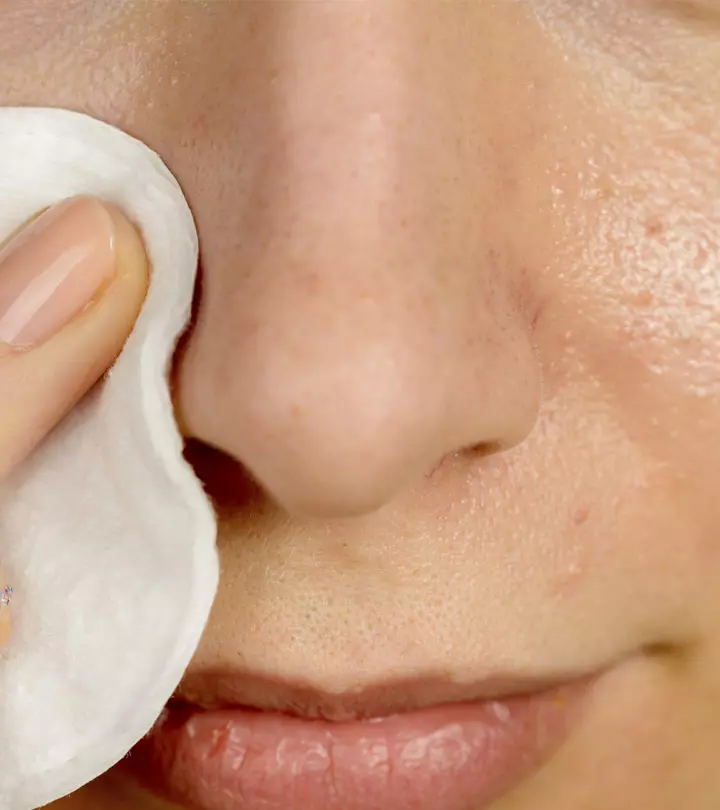
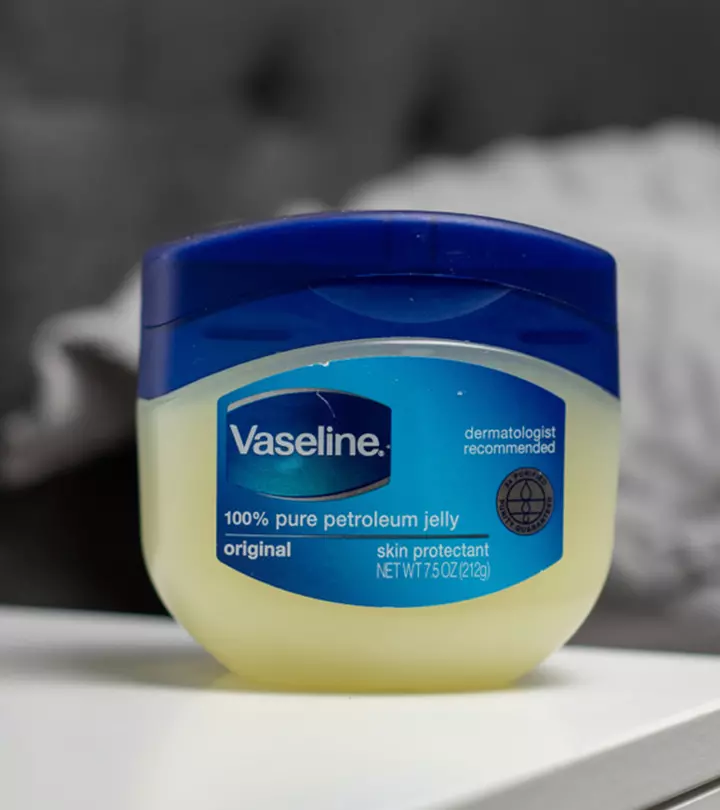

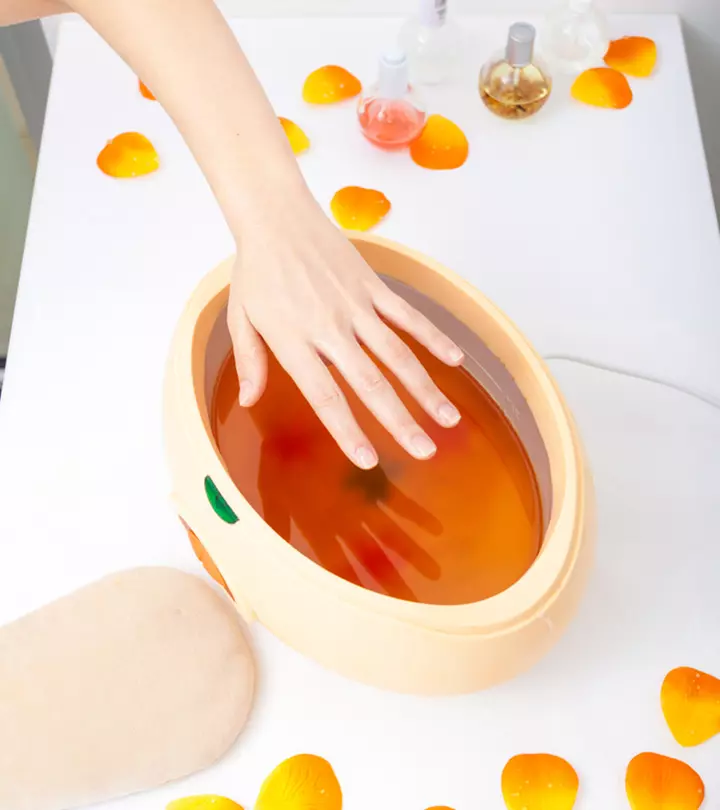
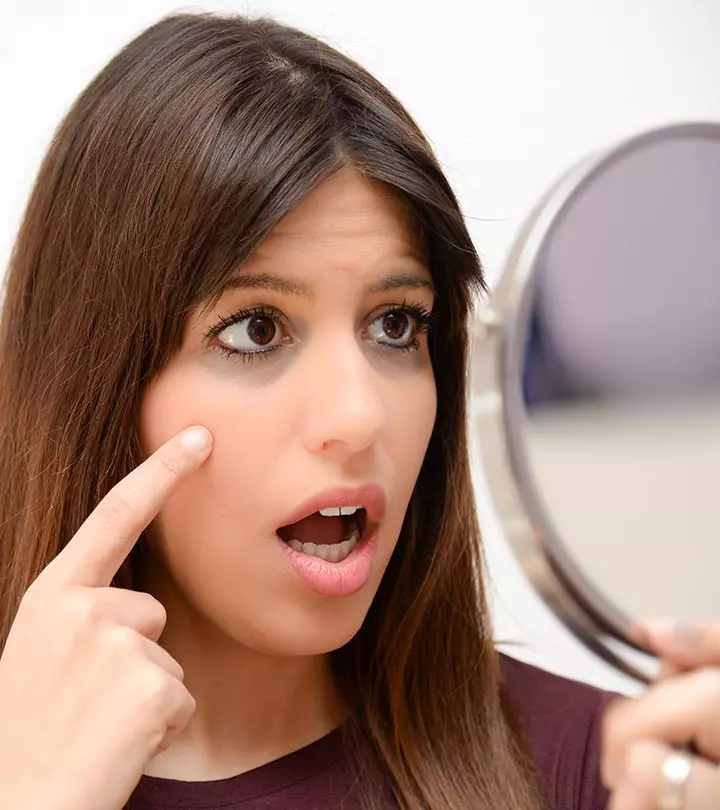
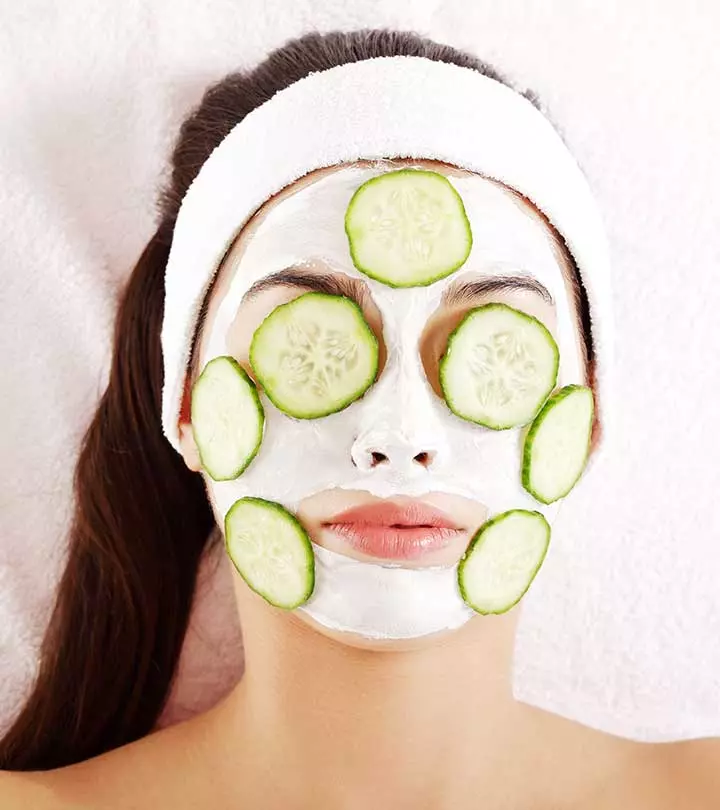
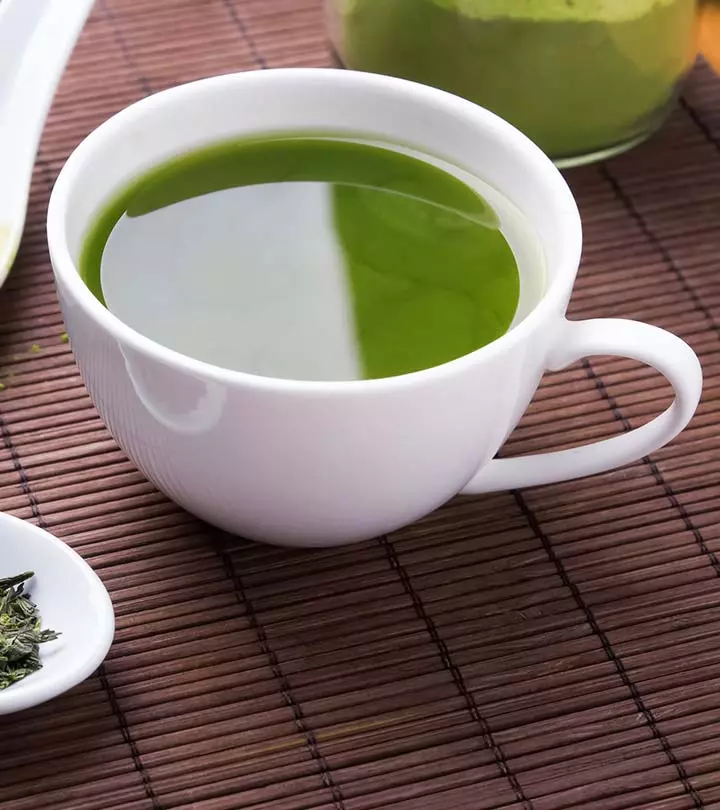

Community Experiences
Join the conversation and become a part of our empowering community! Share your stories, experiences, and insights to connect with other beauty, lifestyle, and health enthusiasts.